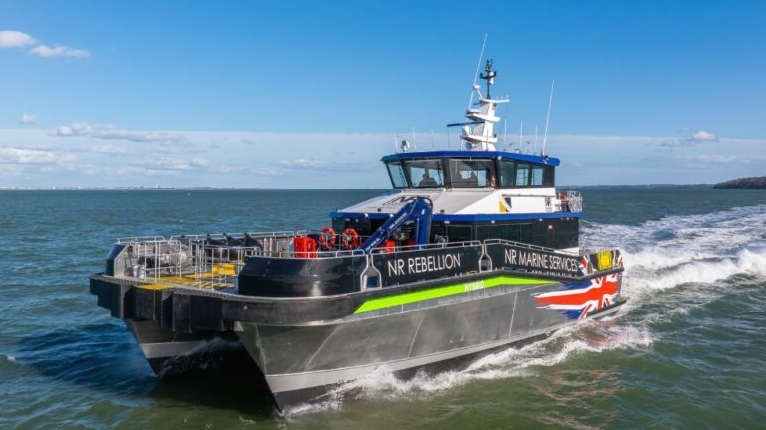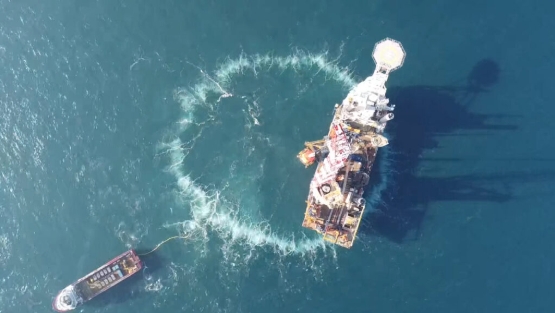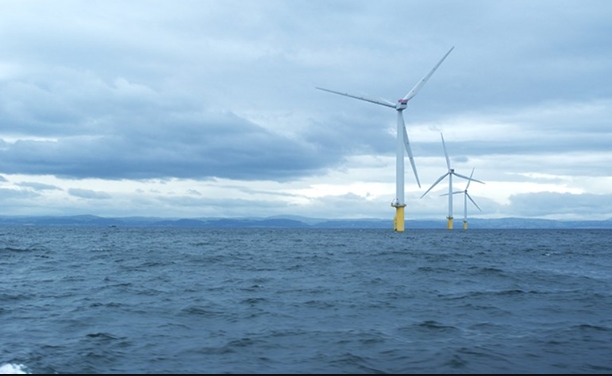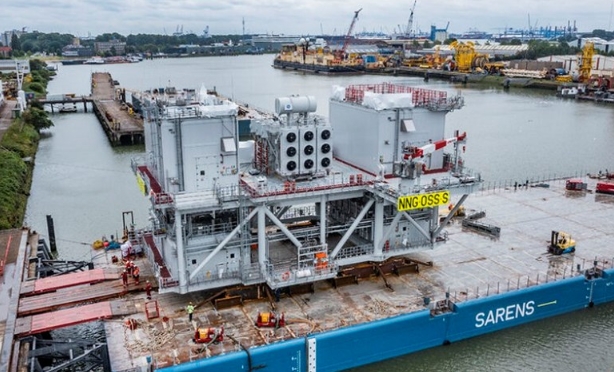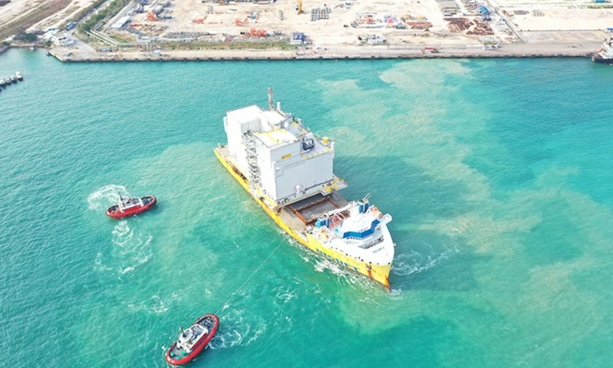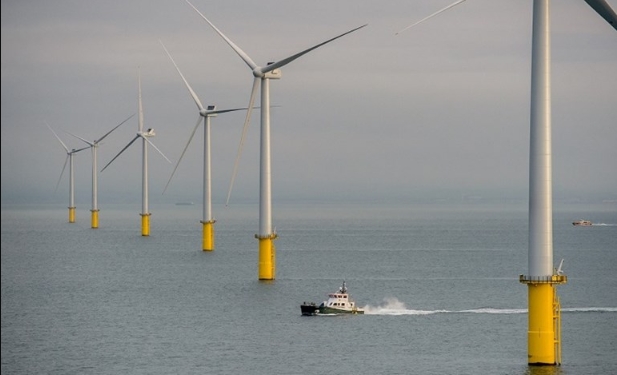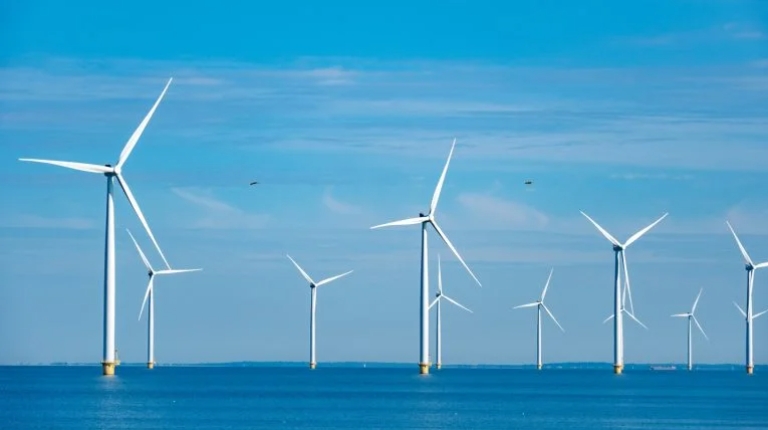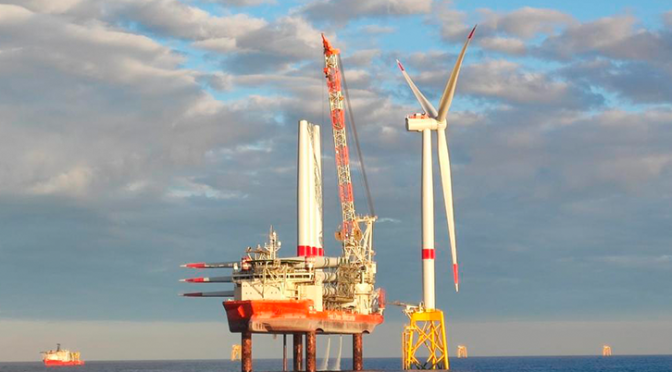
The European offshore wind energy market has experienced significant growth in recent years, driven by technological advancements, supportive government policies, and increasing awareness of the need for sustainable energy sources. As the world continues to grapple with the effects of climate change and the urgent need to reduce greenhouse gas emissions, offshore wind energy has emerged as a key component of the transition to a low-carbon economy. In this context, the European market offers valuable insights into the potential of offshore wind energy to contribute to a sustainable future.
One of the main drivers of growth in the European offshore wind energy market has been the rapid development of new technologies. Advances in turbine design, installation techniques, and grid integration have enabled the construction of larger, more efficient wind farms further from shore. This has led to a significant reduction in the cost of offshore wind energy, making it increasingly competitive with traditional fossil fuel-based power generation. As a result, many European countries have set ambitious targets for the expansion of offshore wind capacity in the coming years.
The United Kingdom, for example, has committed to quadrupling its offshore wind capacity by 2030, with a goal of generating 40 gigawatts (GW) of electricity from offshore wind farms. Similarly, Germany has set a target of 20 GW by 2030, while France aims to reach 6.2 GW by the same year. These targets reflect the growing recognition of the potential of offshore wind energy to contribute to a sustainable energy mix, reducing reliance on fossil fuels and lowering greenhouse gas emissions.
Government support has also played a crucial role in the growth of the European offshore wind energy market. Many European countries have implemented policies and incentives to encourage investment in offshore wind projects, such as feed-in tariffs, tax credits, and grants. The European Union (EU) has also provided significant funding for research and development in the sector, as well as supporting cross-border cooperation on grid infrastructure and regulatory harmonization.
This supportive policy environment has attracted significant investment in the European offshore wind energy market, with major energy companies and financial institutions increasingly recognizing the potential of the sector. In 2020, despite the challenges posed by the COVID-19 pandemic, investment in new European offshore wind projects reached a record €26.3 billion, according to industry group WindEurope. This investment is expected to continue to grow in the coming years, as more countries seek to capitalize on the potential of offshore wind energy.
In addition to its environmental benefits, the growth of the European offshore wind energy market has also had positive economic impacts. The sector has created thousands of jobs in manufacturing, installation, and maintenance, as well as driving innovation in related industries such as shipping and grid infrastructure. Furthermore, the development of a competitive European supply chain for offshore wind components has the potential to create export opportunities, as other regions around the world seek to develop their own offshore wind industries.
However, the European offshore wind energy market also faces significant challenges, such as the need for further investment in grid infrastructure and the development of innovative solutions for energy storage and system flexibility. Moreover, concerns about the environmental impacts of offshore wind farms, such as their effects on marine ecosystems and bird populations, must be carefully managed to ensure the long-term sustainability of the sector.
In conclusion, the growth and potential of the European offshore wind energy market offer valuable insights into the role of offshore wind in the transition to a low-carbon economy. Driven by technological advancements, supportive government policies, and increasing awareness of the need for sustainable energy sources, the European market demonstrates the potential of offshore wind energy to contribute to a sustainable future. However, continued investment in research, development, and infrastructure will be essential to overcome the challenges facing the sector and fully realize its potential.
